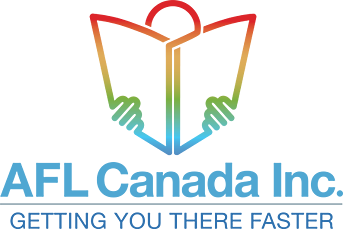
Learning a new language can be an exciting and rewarding endeavor. However, many language learners face challenges when it comes to achieving fluency. In this blog, we will explore effective strategies to increase fluidity when learning a new language. Discover practical tips and techniques to enhance your language learning journey and accelerate your progress towards proficiency.
Immerse Yourself in the Language
One of the most effective ways to increase fluidity when learning a new language is through immersion. Immerse yourself in the target language by surrounding yourself with authentic resources such as books, movies, podcasts, and music. Additionally, seek out opportunities to engage with native speakers through language exchange programs, conversation groups, or online communities. By immersing yourself in the language, you will expose yourself to natural speech patterns, vocabulary, and cultural nuances, which will significantly enhance your fluency.
Practice Regularly and Consistently
Consistent practice is key to improving language fluency. Set aside dedicated time each day to engage with the language. Develop a study routine that incorporates various language skills, including reading, writing, listening, and speaking. Online language learning platforms, language apps, and language courses can provide structured practice materials and exercises. Additionally, consider finding a language learning partner or tutor who can provide guidance, feedback, and opportunities for conversation practice.
Focus on Contextual Learning
To increase fluidity, it’s important to learn vocabulary and grammar in context rather than as isolated components. Instead of memorizing word lists, try learning words and phrases in sentences or dialogues. Contextual learning helps you understand how words are used in real-life situations, improves retention, and allows you to apply the language more naturally. Reading books, articles, and authentic materials in the target language can provide rich contextual examples and expose you to different language structures.
Embrace Mistakes and Learn from Them
Mistakes are an inevitable part of the language learning process. Embrace them as opportunities for growth and learning. Don’t be afraid to make errors while speaking or writing; it’s a natural part of becoming fluent. When you encounter mistakes, analyze and understand them, and seek clarification from native speakers or language resources. By learning from your mistakes, you can refine your language skills and improve your overall fluency.
Practice Active Listening and Speaking
Developing strong listening and speaking skills is crucial for achieving language fluency. Actively engage in listening exercises, such as watching movies, TV shows, or listening to podcasts in the target language. Practice speaking by conversing with native speakers, language partners, or even by recording yourself and analyzing your pronunciation and intonation. Active listening and speaking exercises enhance your comprehension, help you internalize the language, and improve your overall fluidity.
Conclusion
Increasing fluidity when learning a new language requires dedication, consistent practice, and effective strategies. By immersing yourself in the language, practicing regularly, focusing on contextual learning, embracing mistakes, and engaging in active listening and speaking, you can accelerate your language learning journey and achieve greater fluency. Start implementing these techniques and enjoy the rewards of enhanced language skills.
As you embark on your language learning journey, don’t forget to leverage valuable resources like the AFL Canada. AFL Canada offers a wealth of language learning resources, including courses, cultural insights, and opportunities to connect with language enthusiasts. Take advantage of their expertise to further enhance your language skills. By combining effective strategies with the support of AFL Canada, you’ll be well-equipped to unlock language fluency and thrive in your linguistic endeavors.
